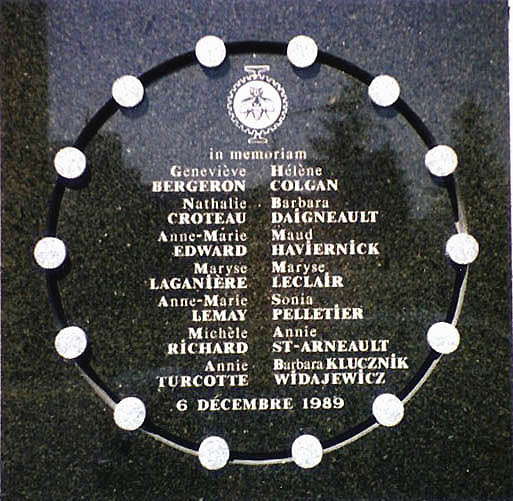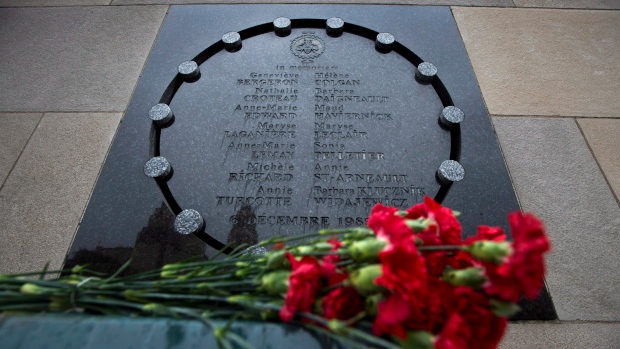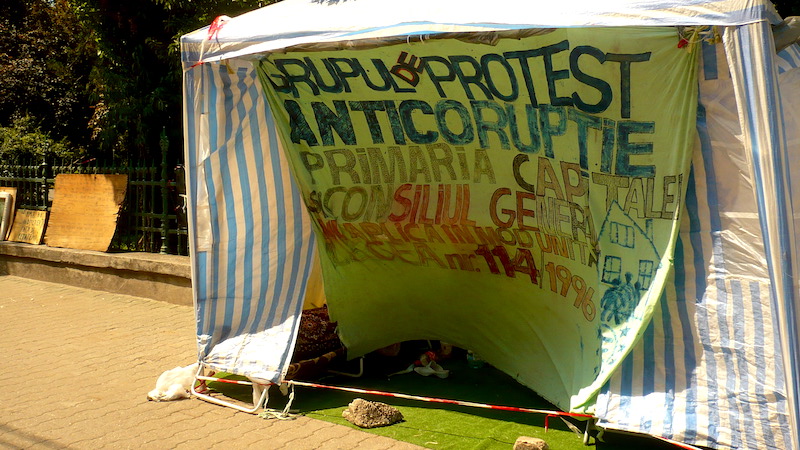On December 6, 1989, 25 years ago this year, Marc Lépine entered the École Polytechnique and killed 14 women. Before he opened fire, he shouted: “You’re all a bunch of feminists, and I hate feminists!” In his suicide note, he claimed it was “Because I have decided to send the feminists, who have always ruined my life, to their Maker.”
Recently, Justice Minister, Peter MacKay, told the House “we may never understand why women were singled out by Marc Lepine.” The shooter’s suicide note listed other women he’d set in his sights: a politician, a union leader, Quebec’s first female firefighter and police captain, among others. It is clear that he targeted the young women at Université de Montréal’s engineering school, who, in his eyes, had the audacity to study for careers that still today are often considered to be male dominated fields. These women were killed, not because they were unequal by virtue of gender, but precisely because they had transcended patriarchal social boundaries. Misogyny doesn’t get much clearer than that.
[quote align=”center” color=”#999999″]”If he had wanted to target women, he would have gone to a nursing school,’ she said. “He was targeting women who had the audacity to want to do a man’s job.”[/quote]
Journalist Francine Pelletier, who was one of the women on the hit list found in the shooter’s suicide note, said that she believes it was a political act, an anti-feminist act, different than the every day incidents of violence against women. “If he had wanted to target women, he would have gone to a nursing school,’ she said. “He was targeting women who had the audacity to want to do a man’s job.”
When Zehaf Bibeau went on a rampage in Ottawa, we were very quick and comfortable to accept his stated political motivation and connect his actions to his ideology. However, when Marc Lépine did the exact same thing, many were just as quick to write Lepine off as “mad men,” and somehow ignore his stated political motivations and ideological influence on his actions.
[quote align=”center” color=”#999999″]Lépine may have been suffering from mental illness, but his actions were influenced by a combination of both unstable mental health and, to a great extent, sexism.[/quote]
Undoubtedly Lepin suffered from mental illness. However, that alone did not trigger his hatred for feminists. Marc Lépine sought out women attending École Polytechnique whom he believed were feminists. He also compiled a list of prominent women whom he planned to kill. These women represented a threat to Lépine’s position as a man. He believed women were not entitled to basic autonomy. Lépine may have been suffering from mental illness, but his actions were influenced by a combination of both unstable mental health and, to a great extent, sexism.
We know exactly why Marc Lépine did what he did. He stated it in his letter (see image). He had a hatred for women and blamed women’s liberation for ruining his life. So then, what is it that causes Peter McKay to be uncertain about the motive behind the Montreal Massacre?
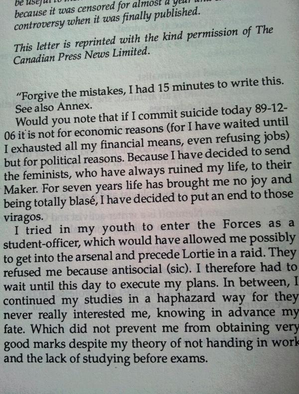
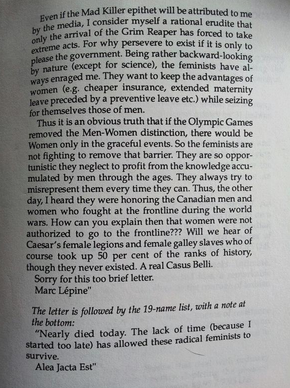
___________________________________________________Tazrian Alam___________

